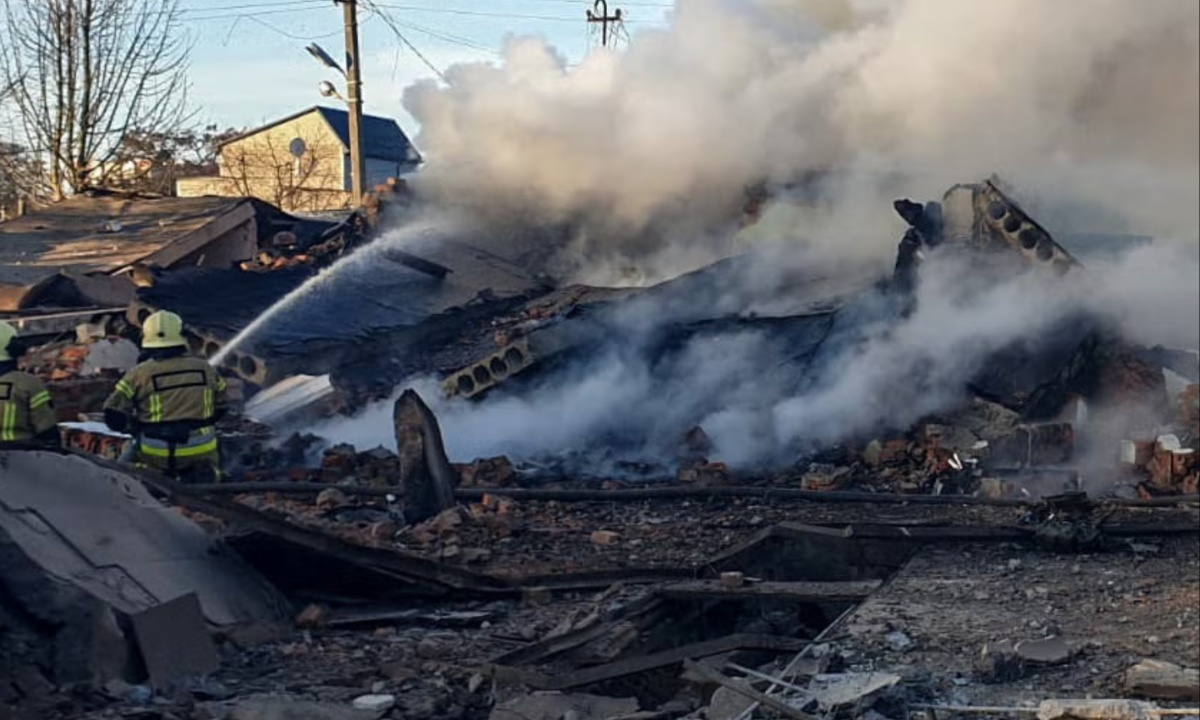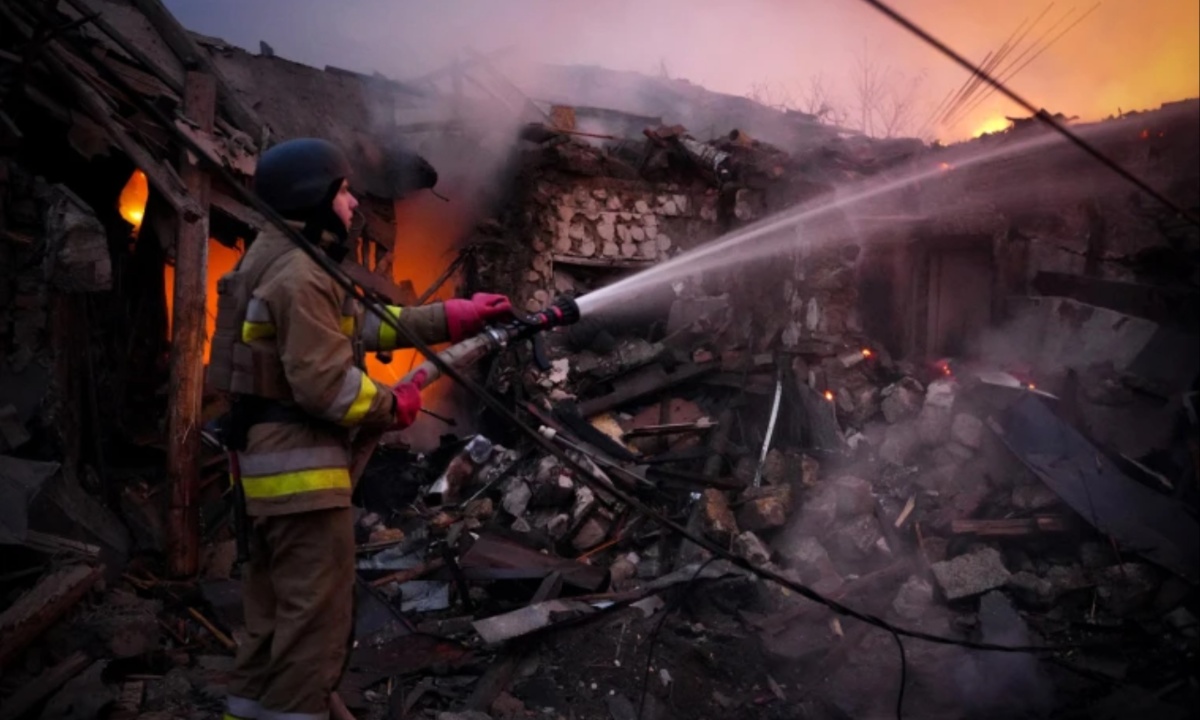A major Russian missile and drone assault recently targeted Ukraine’s power infrastructure, resulting in the deaths of at least 10 people. The attack, which affected Kyiv, Donetsk, Lviv, and Odesa, involved approximately 120 missiles and 90 drones, making it one of the largest assaults since September.
Ukrainian President Volodymyr Zelensky confirmed the scale of the strike, while the country’s energy company DTEK reported significant damage to its thermal energy plants, leading to widespread blackouts across several regions.
The Russian defense ministry claimed the attack was focused on hitting critical energy infrastructure, allegedly supporting Ukraine’s military-industrial complex. Ukrainian authorities, however, insisted that civilian areas were deliberately targeted, with the assault causing widespread disruptions, including in hospitals, heating, and water systems.
The governor of Odesa, Oleh Kiper, confirmed the damage but noted that some services, including water and heat, were being gradually restored, with hospitals relying on backup generators.
This attack is part of a continuing strategy by Russia to cripple Ukraine’s energy grid, which has been under sustained assault throughout the war. DTEK reported that its plants had been attacked more than 190 times since Russia’s full-scale invasion in February 2022.

Russia’s Major Strike on Ukraine Hits Energy Grid, Escalates Regional Tensions Amid Global Concerns
Ukrainian officials fear that this recent surge in strikes could signal another effort to weaken the country’s power infrastructure as winter approaches, creating further hardships for civilians.
In response to the escalating conflict, neighboring countries such as Poland and Hungary have increased their security measures. Poland scrambled fighter jets to patrol its airspace due to concerns over potential spillover from the conflict. Hungary, which shares a border with Ukraine, was also put on alert following drone attacks near its westernmost region. These developments highlight the growing regional implications of the war and the potential for further escalation.
Amid the ongoing attacks, there is rising concern in Ukraine about the potential impact of U.S. foreign policy under President-elect Donald Trump. Trump has expressed a desire to end the war, which could result in pressure on Ukraine to negotiate with Russia.
Ukrainian officials worry that a shift in U.S. policy could lead to unfavorable terms for Ukraine, especially with Russia still controlling significant portions of Ukrainian territory. European leaders, including German Chancellor Olaf Scholz, have reaffirmed their support for Ukraine, though diplomatic efforts continue to engage with Russia in search of a resolution.











































